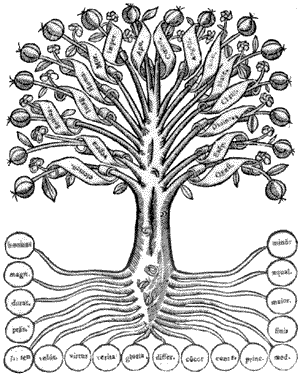Aufgang, emergência, emergence
Emergence is a particular style of becoming present — one in which the present entity is experienced as “self-unfolding” or “opening” up and manifesting itself in terms of the possibilities and characteristics it possesses inherently but holds back in self-concealment (see GA66:87). Aufgang, emergence, is Heidegger’s translation of the Greek term phusis, more typically translated as “nature” (Natur, see GA9:25p/i98). But, Heidegger argues, phusis as used by early Greek philosophers “means something else, something more, than our word nature” (GA6.i:4o6/N2 188): it names “what is, as such as a whole” (GA40:18/17). Emergence1 is thus Heidegger’s name for the way being was experienced by the earliest Greek thinkers at the first inception of Western philosophy and, he argues, a certain understanding (or perhaps more accurately, a certain wz «understanding) of being as emergence has continued to influence the development of Western philosophy ever since. But the original Greek experience of emergence was covered over by subsequent developments in thought, even though the conceptual repertoire inspired by emergence was retained. (CHL)
LÉXICO DE FILOSOFIA
